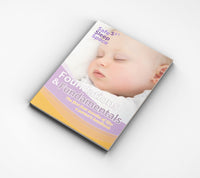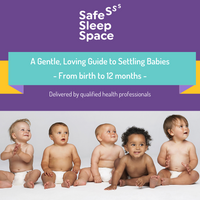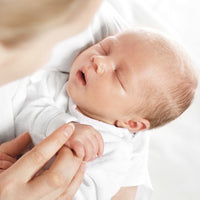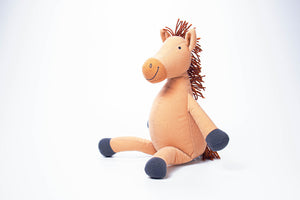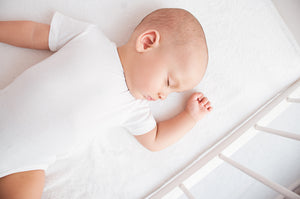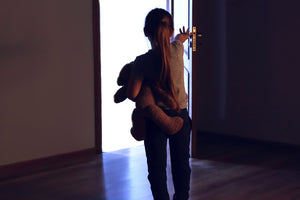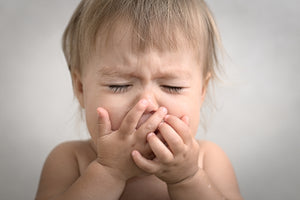
Using comforters for settling your baby
Some babies just love to get up close and cuddly with a soft toy or comforter when they’re going to sleep. Interestingly, the formal name for a soft toy is a ‘transitional love object’, because they help infants to make the emotional transition from dependence to independence. [1]

Weighted blankets – are not safe for babies and young children
Weighted blankets are also called ‘calming’ or ‘sensory’ blankets and are often marketed as a sleep aid for babies and young children. Advertisers claim weighted blankets assist the child to go to sleep because they boost a sense of security and help them to calm. However, there is no evidence or proof that any of these claims are accurate. In fact, weighted blankets can be very unsafe and tragically, there have been babies and children who have died when being covered by a weighted blanket during their sleep.
Sleepwalking in Children
Sleepwalking is reasonably common in children – around 1/3 will sleepwalk at some stage. The most common age for sleepwalking to happen is between four to eight years of age. Most children outgrow it without any specific treatment or management.
Parents who were sleepwalkers themselves are more likely to see the same behaviour in their own children.

Tips for when your child is sleeping away from home
We’ve all heard that babies and young children are adaptable. But the truth is that many small people are not. Just like the adults in their lives, some respond more easily to changes in their daily routine, others are less flexible.
Whichever way your child is ‘hard wired’ to respond to change, there will be times when they’ll need a little more support. Sleep and settling is one aspect of care which needs to be flexible, depending on the day and where your child may be.
